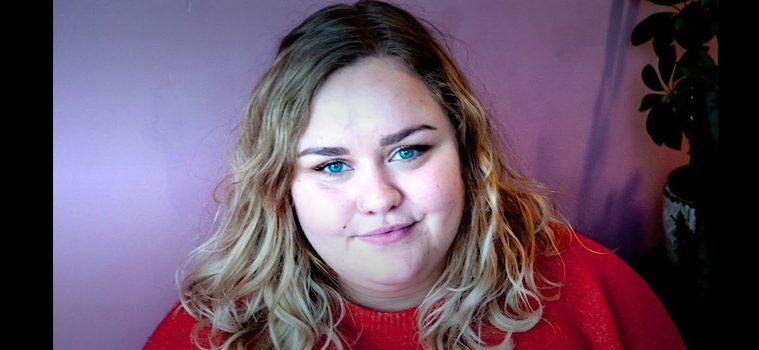Life is Hell –
October 9, 2020 – I first binged on food when I was ten. I used my pocket money to buy a family-sized bag of crisps, a box of cookies and four croissants. I sat on a bench in a deserted park and ate it all. I’d always been fat, but as soon as the binging started I ballooned. At 12, I was admitted to a weight-loss clinic because my family didn’t know how to deal with me. When I asked the dietician at the clinic about the binging and my difficult relationship with food, she simply said, “Once you lose the weight, that problem will solve itself.” When you’re fat, you often get belittling comments and useless advice, like: “Just eat less and exercise more.” But for people with an eating disorder – no matter their body weight – there is nothing easy about eating. And the simplistic approach isn’t only annoying, it’s harmful. I spoke to three others about the difficulty of getting help for an eating disorder as a fat person. I’ve been going to therapy for my eating disorder for about three months now. It took a long time for me to take my eating disorder seriously. I always told myself to stop complaining, that it was my own fault that I was fat and had such a difficult relationship with food. I’m really glad I finally went to therapy.
But there are still obstacles. Personally, I’m very much into body positivity: I try to accept my body as it is and let go of the idea that I have to lose weight, no matter what. But doctors will say things like, “As soon as you stop binge eating, you’ll start losing weight.” It’s difficult for me to hear, because I don’t want to walk around with false hope, and most importantly, I want to stop being so obsessed with weight loss. All it does is trigger deeply rooted, unhealthy thoughts associated with my eating disorder.



